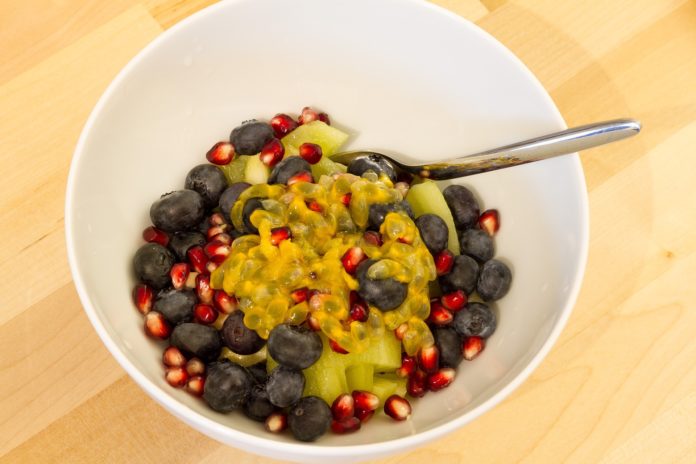Delhi-based Centre for Science and Environment finds GM food products in survey in Delhi, Punjab, Gujarat
In a first study of its kind for India, New Delhi-based research and advocacy body Centre for Science and Environment (CSE) has exposed largescale illegal presence and sale of genetically modified (GM) processed foods in the country.
Without the approval of the Food Safety and Standards Authority of India (FSSAI), production, sale and import of these foods is banned in the country.
CSE’s Pollution Monitoring Laboratory (PML), which conducted the study, tested 65 food products available in Indian markets – 32 per cent of these were found to be GM-positive. These food products were purchased randomly from retail outlets in Delhi-NCR, Punjab and Gujarat. Both imported (35) and domestically produced (30) samples were tested – imported samples fared worse: 80 per cent of the products which were found to be GM-positive, were imported.
The products which were found to be GM-positive include infant food, edible oil and packaged food snacks
The products which were found to be GM-positive include infant food, edible oil and packaged food snacks. Most of these are imported from the US, Canada, the Netherlands, Thailand, and the UAE. These products were produced from or contain soya, cotton seed, corn or rapeseed (canola), which are known GM crops of the world.
Releasing the results of the study here today, CSE director general Sunita Narain said: “Our government says it has not allowed the import of GM food products. Then how is this happening? We have found that laws are not the problem – the regulatory agencies are.”
Chandra Bhushan, deputy director general, CSE, said: “We had been hearing about the presence of illegal GM food in India, and decided to do a reality check by testing processed foods. We were shocked to know the scale in which GM foodshave penetrated the Indian market. The regulatory authorities are to blame here – the FSSAI has not allowed any GM food on paper, but has failed to curb its illegal sales.”
GM food involves taking genes (DNA) from different organisms and inserting them in food crops. There is a concern that this ‘foreign’ DNA can lead to risks such as toxicity, allergic reactions, and nutritional and unintended impacts. Most countries in the world, including India, have decided to take a ‘precautionary’ approach to GM food. They have set stringent regulations for approval and labelling. The EU, Australia, New Zealand, Brazil and South Korea have made it mandatory to label GM food so that consumers have a choice about what they are eating.
The key findings of the study are:
· 32 per cent (21 out of 65) of the food product samples tested were GM-positive. About 80 per cent (16 out of 21) of those which tested positive were imported. These were made of or used soy, corn and rapeseed and were imported from Canada, the Netherlands, Thailand, the UAE, and the US.
· 56 per cent (9/16) of oil samples, 25 per cent (10/39) of packaged food samples and 25 per cent (2/8) of infant food samples were GM-positive.
· The CSE lab also tested five samples of cottonseed oil from India – all tested positive.This is because BT-cotton is the single GM crop that has been allowed for cultivation in the country.
· 65 per cent (13/20) GM-positive samples did not mention anything about GM on their labels.
The Environment Protection Act (EPA) strictly prohibits import, export, transport, manufacture, process, use or sale of any genetically engineered organisms except with the approval of the Genetic Engineering Approval Committee (GEAC) under the Ministry of Environment, Forests and Climate Change. The FSSAI has now issued a draft notification on labelling, which includes GM food. Says Amit Khurana, programme director, food safety and toxins, CSE: “The FSSAI notification says that any food that has 5 per cent or more GM ingredients, shall be labelled, provided this GM ingredient constitutes the top three ingredients in terms of percentage in the product. The exemption limit of 5 per cent is very relaxed compared to other countries such as the EU, Australia and Brazil, which have limits at or below 1 per cent.”



Greetings! I’ve been following your web site for a while now and finally got the courage to go ahead and give you a shout out from Austin Texas! Just wanted to say keep up the good work!
[…] is GMOs illegally creeping into the food system. Recent reports show GMOs are in commonly used food products and GM seeds are prevalent. The fear is that approval by contamination is what the GM industry […]
[…] is GMOs illegally creeping into the food system. Recent reports show GMOs are in commonly used food products and GM seeds are prevalent. The fear is that approval by contamination is what the […]